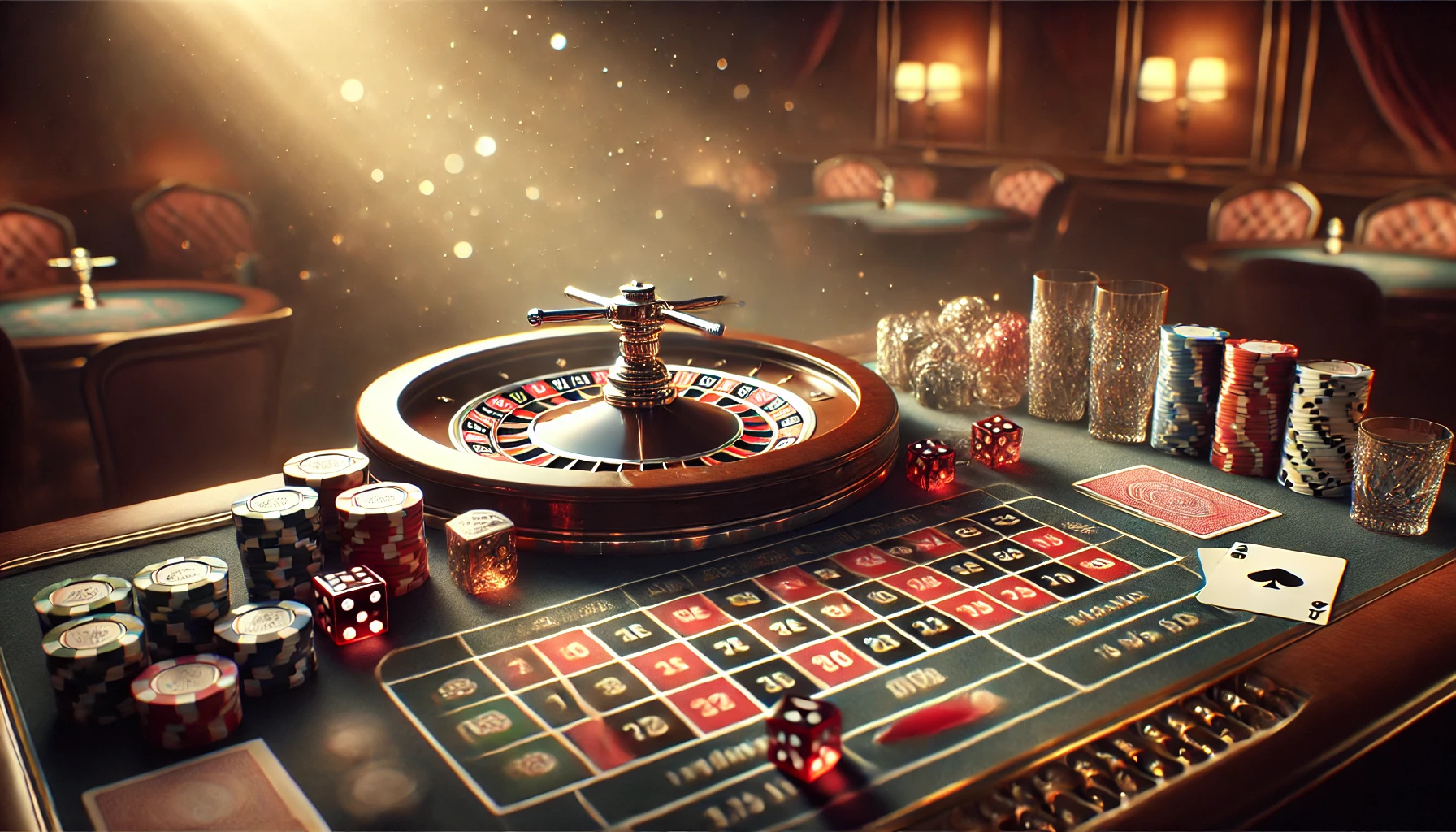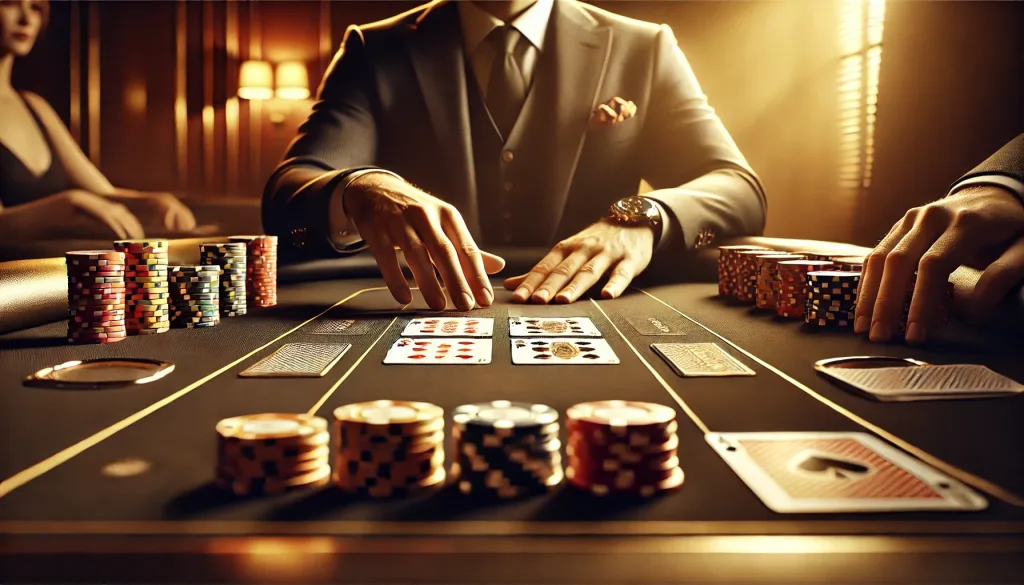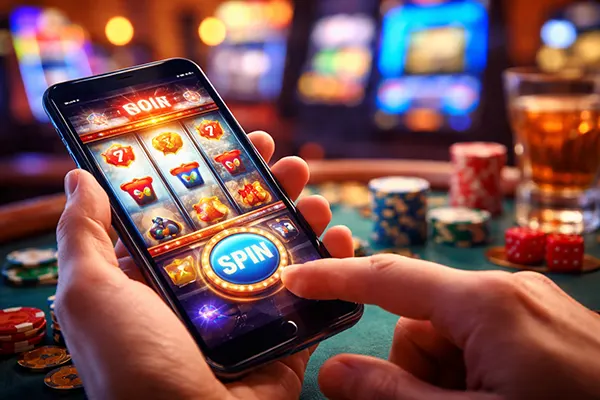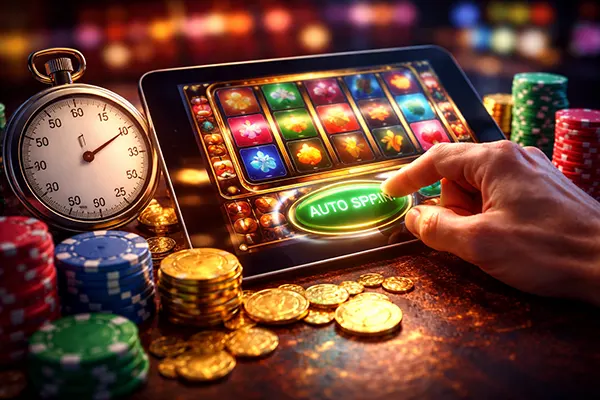
The Mathematics of Gambling: Avoiding Cognitive Biases in Casino Games
Casino games have always been a mix of luck, skill, and psychology. However, a lesser-known factor that heavily influences players’ decisions is cognitive bias. These mental shortcuts or errors can lead to irrational choices, ultimately affecting both gameplay and outcomes. Understanding the mathematics behind casino games and recognising these biases can help players make more informed decisions.
The Role of Mathematics in Casino Games
Casino games are built upon the principles of probability and statistics. Every roll of the dice, spin of the wheel, or deal of the card has a mathematical foundation, determining the likelihood of various outcomes. Understanding these principles can give players an edge, even in games that are primarily based on chance. For instance, games like roulette follow strict probability rules, making it possible for players to understand the odds of landing on specific numbers or colours. Slot machines, on the other hand, operate on random number generators (RNGs), ensuring every spin is independent of the last.
Mathematical insights also reveal why casinos always maintain an advantage. This is due to the “law of large numbers,” which ensures that, over time, the outcomes of games align closely with their expected probabilities. While short-term wins are possible, the long-term expectation favours the house. Recognising this can help players set realistic expectations and approach gambling as a form of entertainment rather than a guaranteed way to earn money.
House Edge and RTP
One of the most critical mathematical concepts in gambling is the house edge. This figure represents the percentage of each bet that the casino expects to retain over the long term. For instance, a game with a 2% house edge means that, on average, the casino keeps $2 for every $100 wagered. Similarly, Return to Player (RTP) is the inverse, showing the percentage players can expect to win back. For example, a slot with a 96% RTP implies players can anticipate winning back $96 for every $100 wagered, though this is calculated over thousands of spins.
It’s essential to note that these values are theoretical and do not guarantee outcomes for any individual session. For players who wish to optimise their experience, understanding house edge and RTP can guide game selection. Games like blackjack or poker typically have a lower house edge compared to slots or roulette, making them more appealing to players who prefer skill-based challenges.
Cognitive Biases That Impact Players
While mathematics governs the probabilities, players’ perceptions often deviate from reality due to cognitive biases. These mental shortcuts can cloud judgement, leading to suboptimal decisions. Below are some of the most common biases affecting gamblers:
Biases often arise from the brain’s attempt to simplify complex decisions. However, in a casino setting, where outcomes are random, these biases can lead to significant financial losses. For example, players might believe they are “due” for a win after a losing streak, despite each event being independent. Recognising these biases is the first step towards mitigating their impact and making rational decisions during gameplay.
The Gambler’s Fallacy
The Gambler’s Fallacy occurs when players believe past outcomes influence future ones in independent events. For example, after several spins without a win, a player might assume a win is “due,” despite the odds remaining unchanged. This misunderstanding often results in increased betting and larger losses. To avoid falling prey to this fallacy, players should remember that each event in games like roulette or slot machines is entirely independent, governed by random probability rather than patterns.
This fallacy is particularly prevalent in games of chance because the human brain is wired to search for patterns. Casinos often exploit this tendency by creating environments that encourage players to believe in “streaks” or “hot numbers.” By understanding that no outcome influences the next, players can save themselves from unnecessary risks and financial losses.
Confirmation Bias
Players often remember wins more vividly than losses, leading to an inflated sense of skill or luck. This bias can cause overconfidence, prompting riskier bets and extended playing sessions, which benefit the casino. For instance, a player who recalls winning on a particular slot machine may overestimate their chances of winning again, ignoring the role of randomness in the outcome. By acknowledging this bias, players can approach gambling with a more balanced mindset.
Confirmation bias can also lead to selective memory, where players dismiss the importance of losses. Over time, this creates a skewed perception of gambling outcomes. To counter this, players should track their sessions objectively, including both wins and losses, to maintain a realistic understanding of their gambling activities. Keeping a log or setting limits can help avoid overconfidence and ensure a healthier relationship with gambling.
Anchoring Effect
The anchoring effect involves relying too heavily on the first piece of information encountered. For example, seeing a jackpot amount might influence players to bet more, even if the odds of winning are extremely low. Anchoring can distort realistic expectations and lead to poor financial decisions. Casinos often use this bias to their advantage by prominently displaying large jackpots or previous winners, creating an illusion of frequent success.
This bias can also impact how players perceive value in bets. For example, when presented with a “special offer” or “bonus,” players might anchor their expectations to these promotions without considering the actual probabilities. To avoid falling into this trap, players should analyse the true cost and benefit of any bet or bonus, ensuring that their decisions are based on logic rather than marketing tactics.

Strategies to Minimise Biases and Play Responsibly
Recognising and mitigating cognitive biases is crucial for a more strategic approach to gambling. Below are some effective strategies:
Responsible gambling begins with self-awareness. Players should understand their motivations and limitations before engaging in casino games. By combining knowledge of game mechanics with strategies to counter biases, they can create a safer and more enjoyable gambling experience. The following tips can help reduce emotional decision-making and enhance gameplay outcomes.
Set Limits
Establishing clear time and money limits before playing can help players maintain control. Knowing when to walk away prevents chasing losses, a behaviour often driven by emotional decision-making. For example, a player might set a budget of $50 for an evening and stick to it, regardless of whether they win or lose. This approach ensures that gambling remains a form of entertainment rather than a financial burden.
Limits also serve as a psychological safety net, ensuring players don’t overspend in the heat of the moment. By setting both win and loss limits, players can prevent themselves from falling into the cycle of chasing unrealistic gains. Sticking to these limits requires discipline, but it is a crucial step in fostering responsible gambling habits.
Understand the Odds
Familiarising oneself with the probabilities and house edge of different games enables more informed choices. For instance, blackjack offers better odds for skilled players compared to slots, which rely purely on chance. By studying basic strategies and probability tables, players can significantly improve their chances of success in skill-based games.
Understanding odds also helps players avoid common misconceptions, such as believing in “lucky numbers” or “winning strategies” for games of chance. By focusing on the mathematical realities of each game, players can make decisions that are grounded in fact rather than superstition. This shift in mindset can enhance the overall gambling experience, making it both enjoyable and sustainable.
Take Breaks
Frequent breaks reduce the risk of fatigue, which can exacerbate cognitive biases. Pausing allows players to reassess their strategies and make rational decisions rather than impulsive ones. For example, stepping away from a game after a losing streak can help regain perspective and prevent emotional betting. Taking time to reflect on gameplay decisions ensures a more measured and thoughtful approach to gambling.
Breaks also provide an opportunity to evaluate financial outcomes, ensuring that players remain within their predetermined limits. By stepping away regularly, players can maintain clarity and focus, avoiding the pitfalls of impulsivity or emotional reactions. This practice not only supports responsible gambling but also enhances overall enjoyment.
By combining mathematical knowledge with awareness of cognitive biases, players can enhance their casino experience. While gambling should remain an enjoyable activity, understanding these principles ensures it does not lead to unnecessary losses or unhealthy behaviours.



